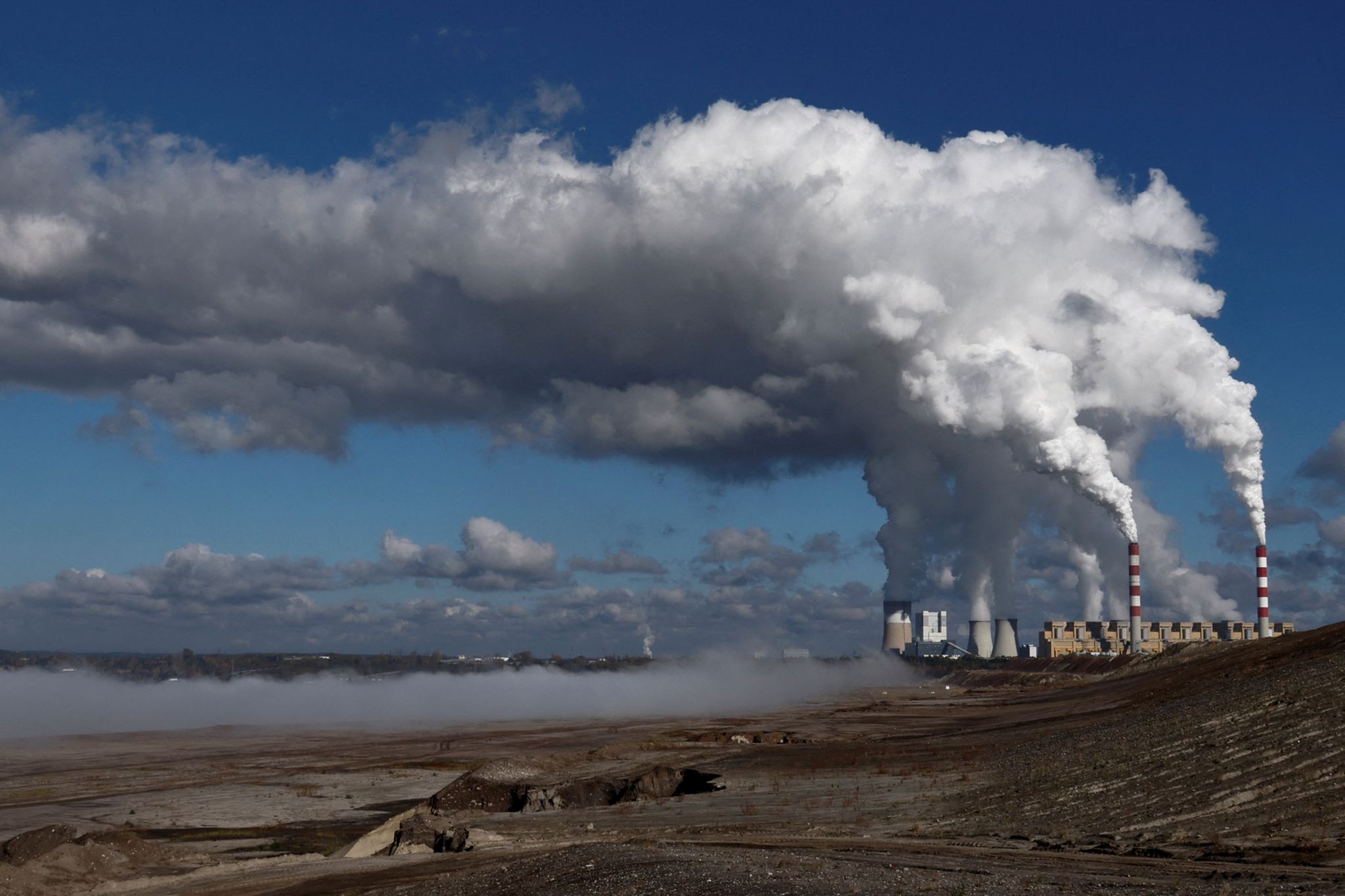-

-
-
Loading

Loading

The United Arab Emirates (UAE) believes that the UN climate change conference in Dubai is on the verge of a major breakthrough in reducing greenhouse gas emissions. The UAE negotiating team is cautiously optimistic that COP28 will commit to phasing down fossil fuels in the coming decades, and maybe even eliminating them completely. This may sound paradoxical considering the conference is being hosted by an oil-rich country, but there are indications that it could lead to real progress on climate change. Until recently, fossil fuels were rarely discussed at these global conferences. The first formal debate on their future took place at COP26 in Glasgow in 2021, where a commitment was made to phase down the use of coal. However, it is important to note that phasing out fossil fuels completely will not be part of the agreement. Fossil fuels that have their carbon emissions captured will still be allowed. Nevertheless, acknowledging the need to address the main source of climate change would be a historic first and a significant step forward. Why might this breakthrough happen in the UAE? The idea of phasing out fossil fuels is included in the text under discussion, and Sultan al-Jaber, the president of COP28 and the head of UAE state oil company Adnoc, has expressed his desire for this outcome. Despite his statements being couched in bureaucratic language, Mr. Jaber has urged parties to agree on phasing out or at least phasing down fossil fuels in COP28's final text. This may appear surprising considering the UAE's dependence on oil, but the country has recognized the need to transition away from unabated fossil fuels and position itself on the right side of history. However, it should be noted that the UAE plans to continue increasing oil production and sales. While more than 100 countries, including the US and the EU, have expressed support for a phase-out of fossil fuels, Saudi Arabia, the UAE's neighbor and the second-largest producer of oil and gas in the world, remains a challenge. The Saudi Energy Minister has openly stated that his country would not support a promise to phase down fossil fuels, but there are indications that the Saudi state oil company, Aramco, may actually support such a move for reputational benefits and ease of doing business. Overall, while a deal is not yet guaranteed, there are promising signs that the UN climate conference in Dubai could mark a turning point in addressing the issue of fossil fuels and climate change.